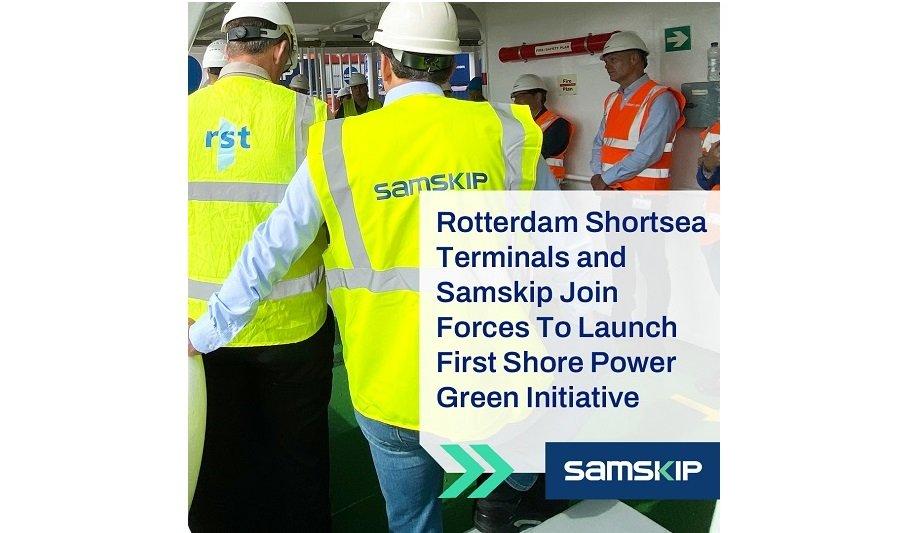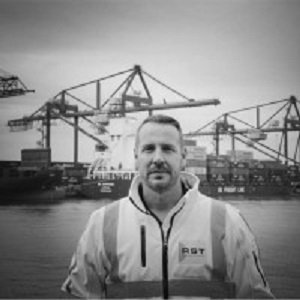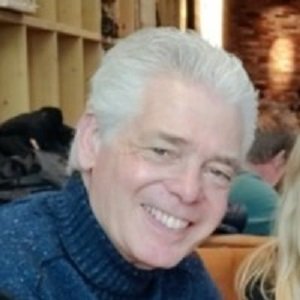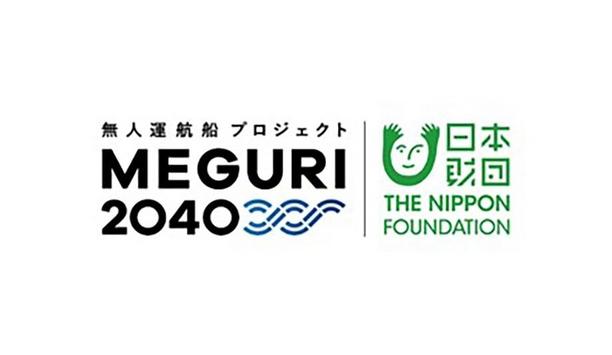RST and Samskip are proud to announce the successful launch of their Green Shore Power initiative, which aims to dramatically reduce CO2 emissions produced by vessels docked, by providing new clean shore-powered energy solutions.
The joint initiative is an example of what companies can do, if they have a common goal and join forces in the energy transition toward CO2 neutrality.
Shore power solution
The shore power solution is the first of its kind for a container terminal in the Netherlands ports. The celebration of this milestone event was on Friday, July 21st, 2023, when delegations from Samskip, RST, Port of Rotterdam (HBR), Municipality of Rotterdam, and HES gathered.
During the celebration, “Samskip Innovator” provided an onsite demonstration of the smooth transition between ship power and the new shore power.
Samskip Innovator
The new shore power endeavour was largely possible through the expertise of HES
The new shore power endeavour was largely possible through the expertise of Harbour Electronical Services (HES), which both prepared and outfitted Samskip’s shortsea vessel “Innovator” to receive shore power.
The power supply unit at the quay of RST has been installed by Jolectra.
Onshore power supply systems
Onshore power supply systems are a critical step toward the decarbonisation of the shipping sector.
Given that docked vessels currently leave their engines running to generate onboard electricity, while burning gasoil constantly, the impact of green onshore power becomes abundantly clear.
Reducing CO2 emissions
For the entire shipping sector, shore-side electricity is expected to reduce CO2 emissions by 5 megatons of CO2 per year (3.7% of global shipping emissions).
With this innovation, Samskip also takes a pioneering position in preparing for the FuelEU Maritime regulation, which will require shore-power connectivity from 2030 on.
Clean and silent ship operations
Green shore power facilitates clean and silent ship operations in the ports of Rotterdam"
Head of Fleet Management – Vessel, Erik Hofmeester, said, “There are many ways to reduce CO2, such as Samskip vessels using bio-fuel, the CO2 capturing systems also installed on Samskip vessels, WASP (Wind Assisted Ships Propulsion) and last but not least shore power."
He adds, "Green shore power facilitates clean and silent ship operations in the ports of Rotterdam."
Net-zero emission target
Erik Hofmeester continues, "We have set ambitious decarbonisation targets for the upcoming years, with a clear aim to achieve net-zero emissions by 2040."
He further stated, "Remarkably, this goal puts us a decade ahead of the legally mandated requirement for the maritime industry, which is currently set at 2050. We will also continue to use all our resources to protect the future of our company, our customers and partners, and our planet."
Energy transition
CEO of RST – Arno Storm, said, “RST is committed to being a frontrunner in energy transition and is taking a pioneering role in the port of Rotterdam to work on practical solutions to serve the planet and RST’s customers."
He adds, "I am truly proud to be able to say that we are the first container terminal in the Netherlands that has a shore power connection."
Customer and supplier integration
Arno Storm continues, "For me, keying in on the path towards CO2 neutrality means partnering with customers and suppliers and I am thrilled that together with Samskip, HES, and Jolectra, we have been able to take a first step."
He adds, "Furthermore, I would like to extend my gratitude towards the Port of Rotterdam authorities who have played an active role in the support and establishment of this pilot."












